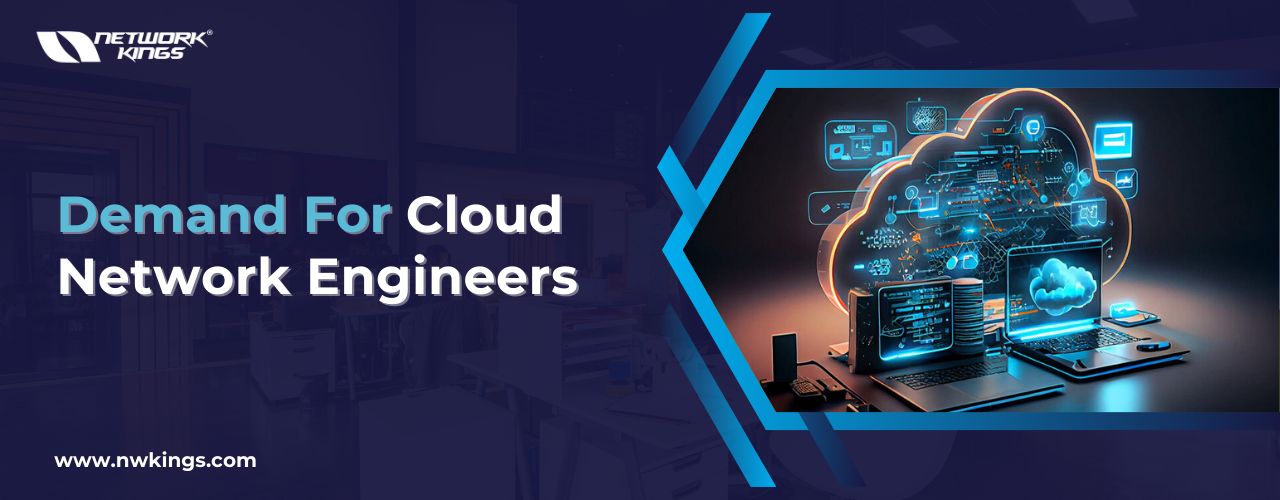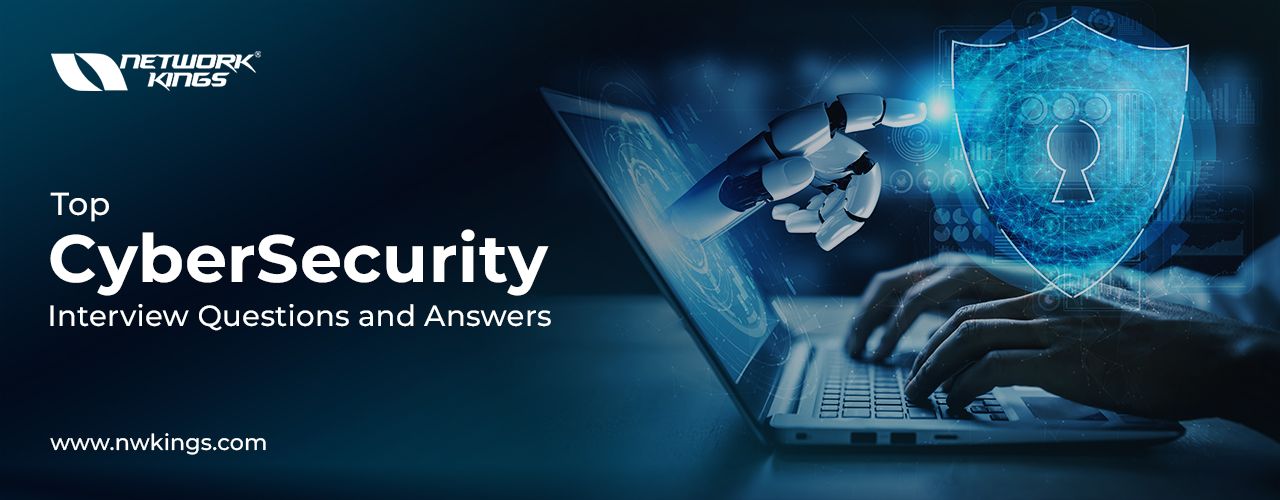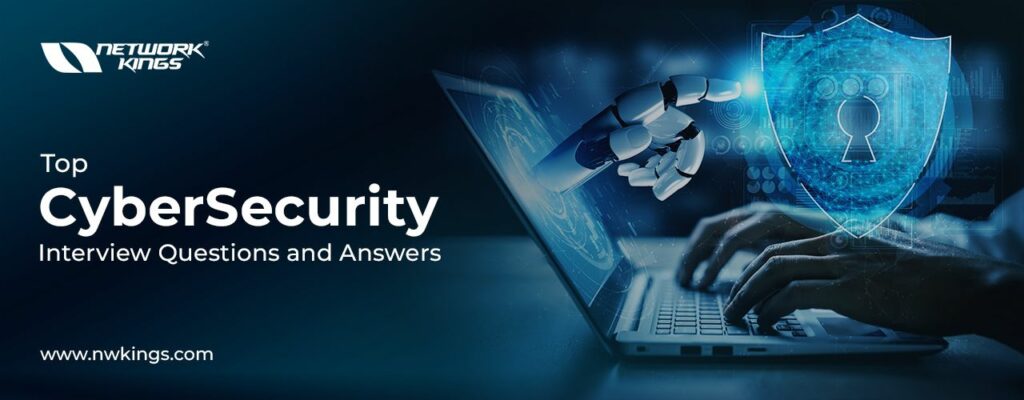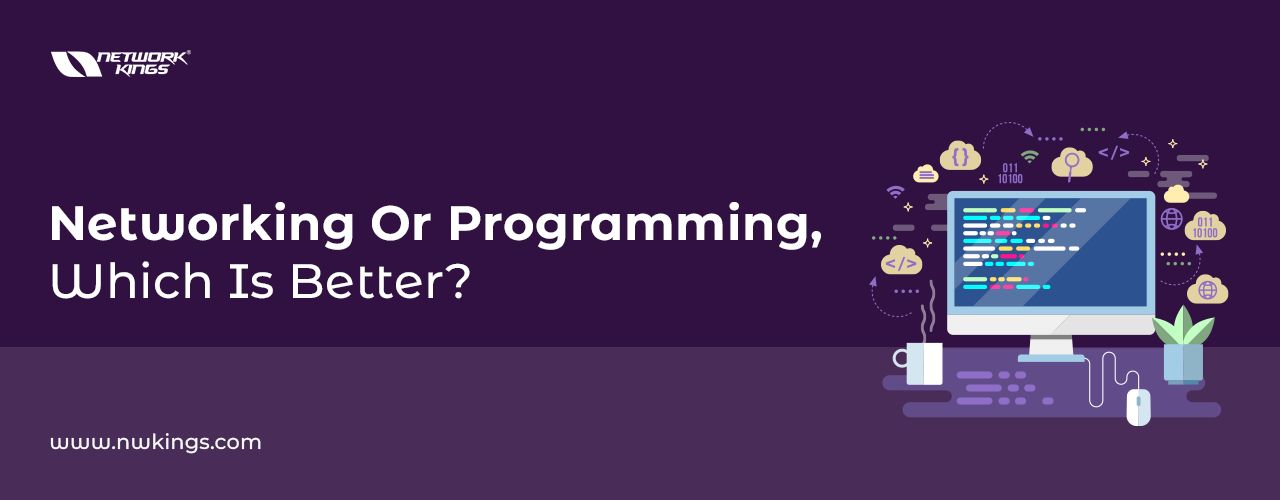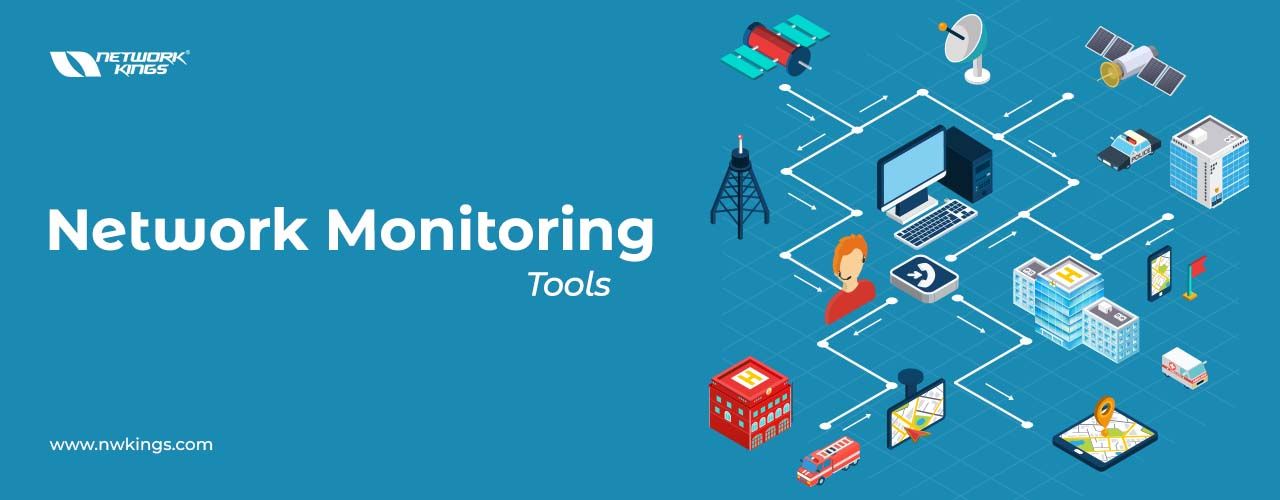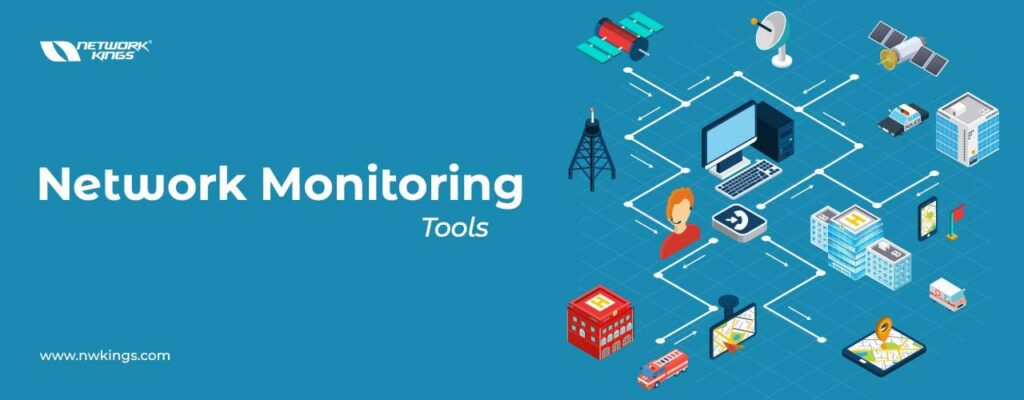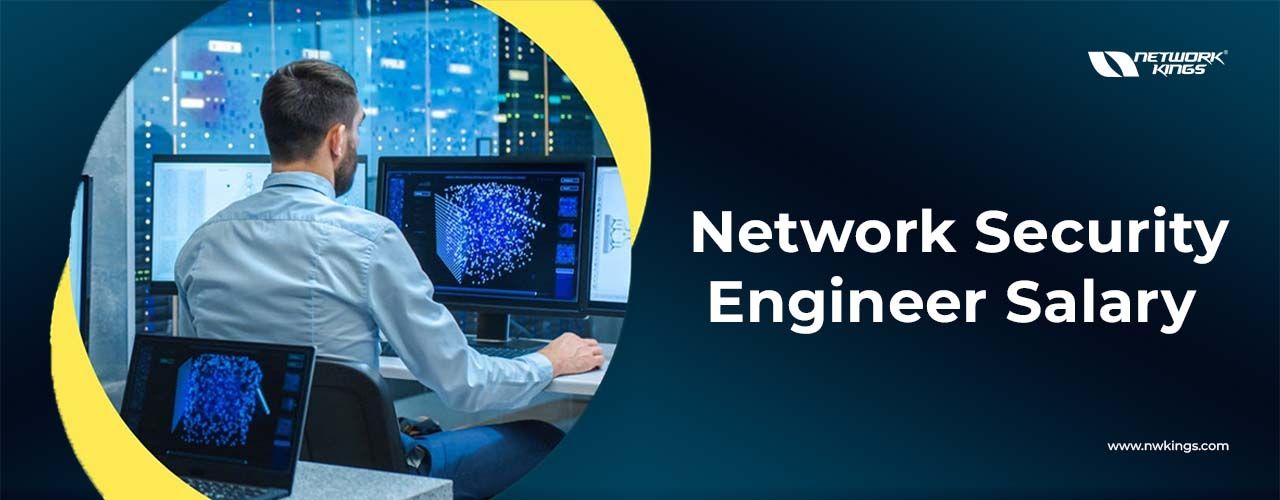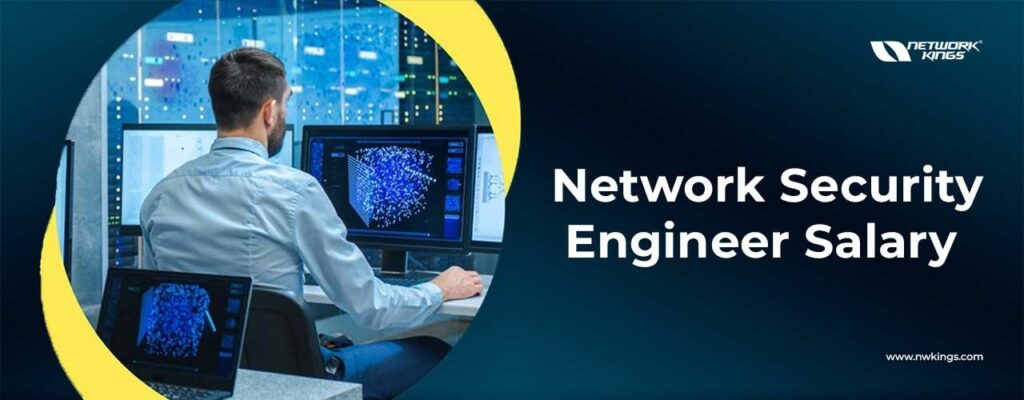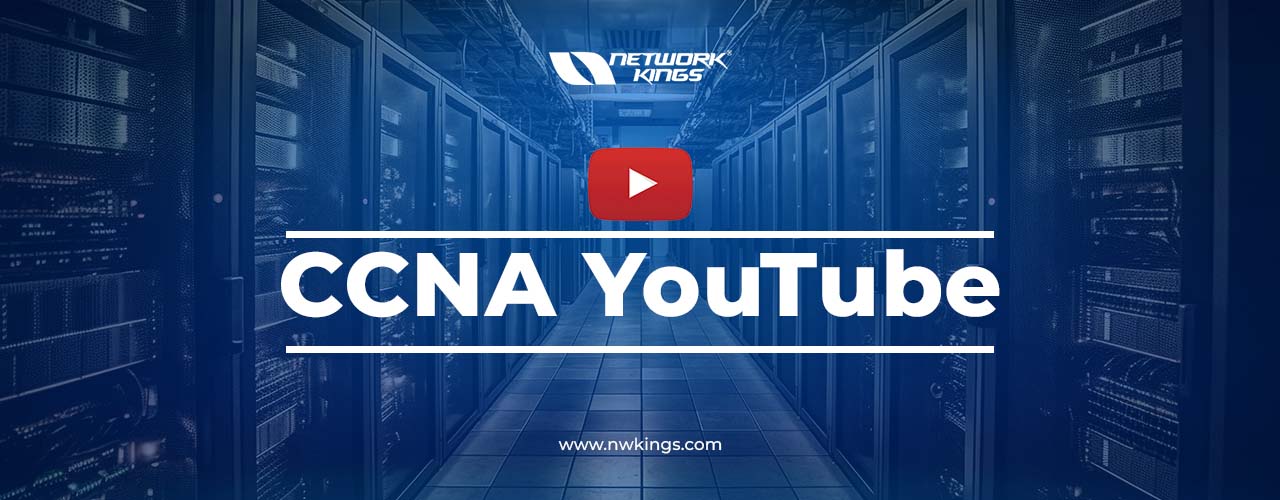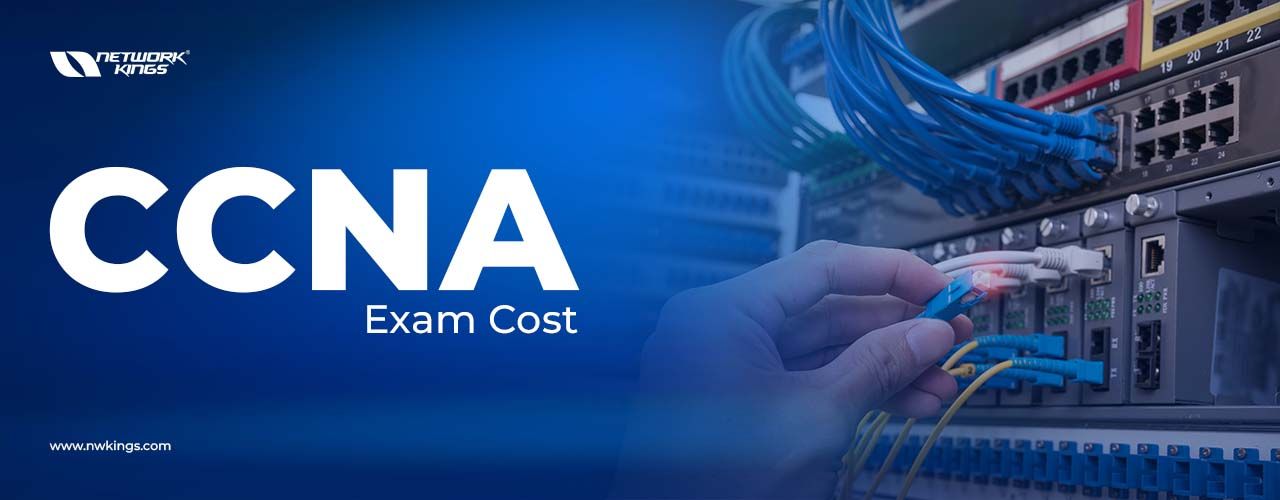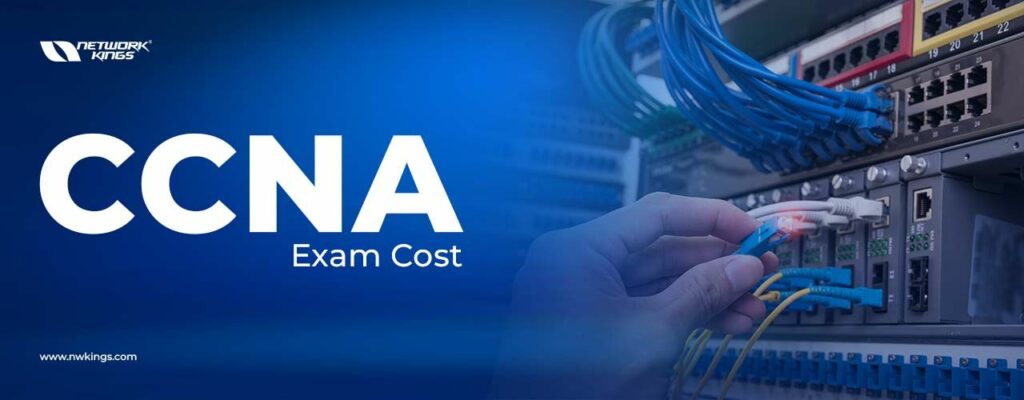
As technology continues to evolve, the demand for skilled professionals in the field of cloud networking is on the rise. Network engineers are finding new opportunities by transitioning their skills to the cloud environment, specifically in platforms like AWS and Azure.
In this blog post, we will explore the career growth potential for network engineers in cloud networking, the importance of cloud security, and how to make a successful transition from network engineering to becoming a proficient cloud network engineer.
The Evolution of Network Engineers to Cloud Network Engineers
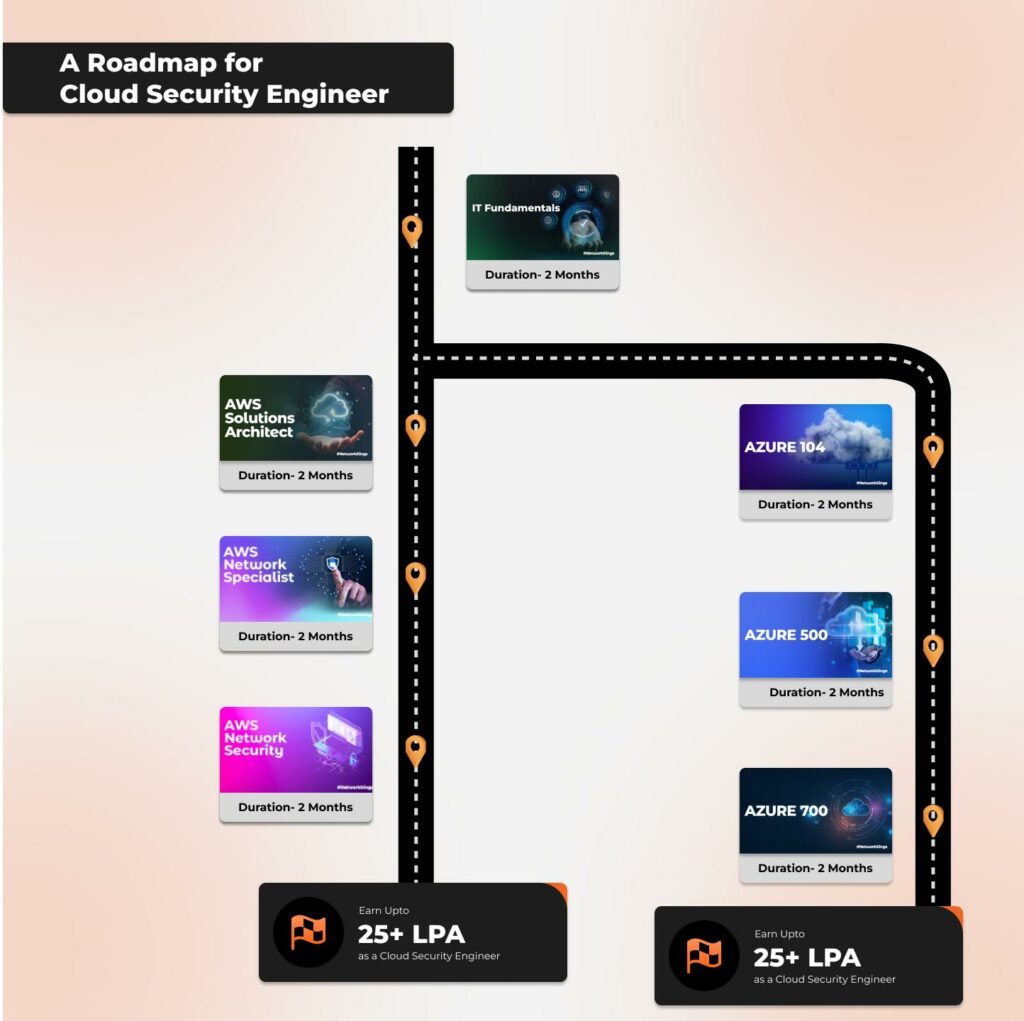
Network engineers play a crucial role in designing, implementing, and maintaining traditional network infrastructures. With the shift towards cloud computing, the role of network engineers is evolving to meet the demands of cloud networking. Cloud network engineers are responsible for designing and managing cloud-based networks, ensuring seamless connectivity and scalability in cloud environments.
Understanding Cloud Networking
Cloud networking involves the use of cloud-based resources to build, manage, and optimize network infrastructure. It includes services such as virtual private clouds (VPCs), load balancers, and content delivery networks (CDNs) that enable organizations to securely connect their applications and data across the cloud. Understanding the fundamentals of cloud networking is essential for network engineers looking to transition into this specialized field.
Importance of Cloud Security
Security is a top priority in cloud networking, given the sensitive nature of data stored and transmitted in the cloud. Cloud network engineers need to have a strong understanding of cloud security best practices, including data encryption, access control, and threat detection. By prioritizing cloud security, organizations can mitigate risks and protect their assets in the cloud.
Transitioning from Network Engineering to Cloud Engineering
Making the transition from network engineering to cloud engineering requires acquiring new skills and certifications in cloud platforms such as AWS and Azure. Network engineers can benefit from training programs and courses that focus on cloud networking, virtualization, and automation. By gaining hands-on experience with cloud technologies, network engineers can successfully transition to roles as cloud network engineers.
Advantages of Becoming a Cloud Network Engineer
Becoming a cloud network engineer opens up a world of opportunities in the rapidly growing field of cloud computing. Cloud network engineers are in high demand by organizations looking to leverage the scalability and flexibility of cloud services. By mastering cloud networking skills, professionals can enhance their career prospects and stay competitive in the ever-changing tech industry.
Conclusion
The demand for cloud network engineers is steadily increasing as organizations migrate their operations to the cloud. Network engineers have the opportunity to upskill and transition into roles that focus on cloud networking, offering new challenges and career growth potential. By investing in cloud networking training and certifications, network engineers can future-proof their careers and become valuable assets in the era of cloud computing.

